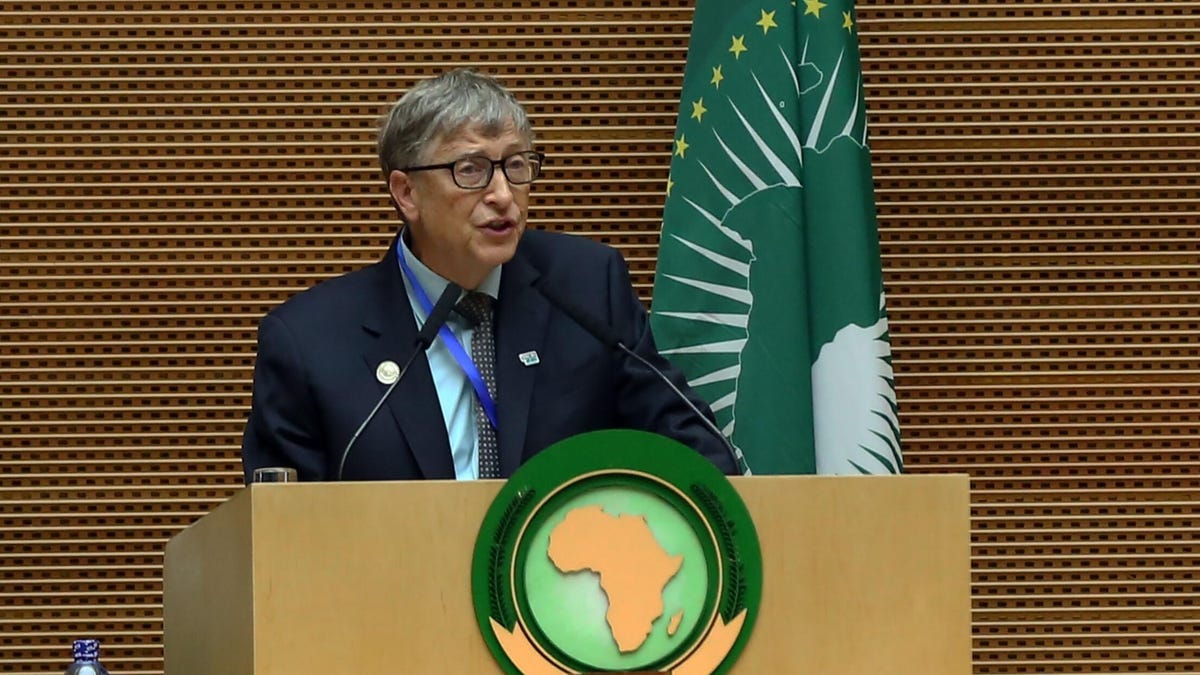Bill Gates: AI and gene therapy have the power to save lives
Technology could help us cure AIDS and understand our biology, Gates says.

Bill Gates
Microsoft founder Bill Gates thinks artificial intelligence and gene therapy are the two technologies with the greatest power to change lives. In a speech Friday at the American Association for the Advancement of Science, Gates said AI can "make sense of complex biological systems," while gene-based tools have the potential to cure AIDS.
The potential of AI is only just being realized now, the billionaire philanthropist said, with computational power doubling every three and a half months. Along with improvements in handling data, Gates said it's enabling "the ability to synthesize, analyze, see patterns, gain insights and make predictions across many, many more dimensions than a human can comprehend."
Gates said the most exciting part of AI "is how it can help us make sense of complex biological systems and accelerate the discovery of therapeutics to improve health in the poorest countries."
Gene-editing technologies will meanwhile help with vaccines, diagnostics and therapeutics, Gates said. "[It] has the potential to improve health -- not only for rare genetic disorders, but also for diseases that predominately afflict people in poor countries."
Gates also addressed the deadly coronavirus, saying these two technologies could help with diagnostic tests, treatment and vaccine development.
"Our foundation has committed up to $100 million to address this new coronavirus because we believe it poses a serious threat to global health," Gates said. "This money will support efforts to detect, isolate and treat confirmed cases, help countries in sub-Saharan Africa and South Asia take steps to prepare for the epidemic and protect their most vulnerable citizens, and accelerate the development of vaccines, treatments and diagnostics."

